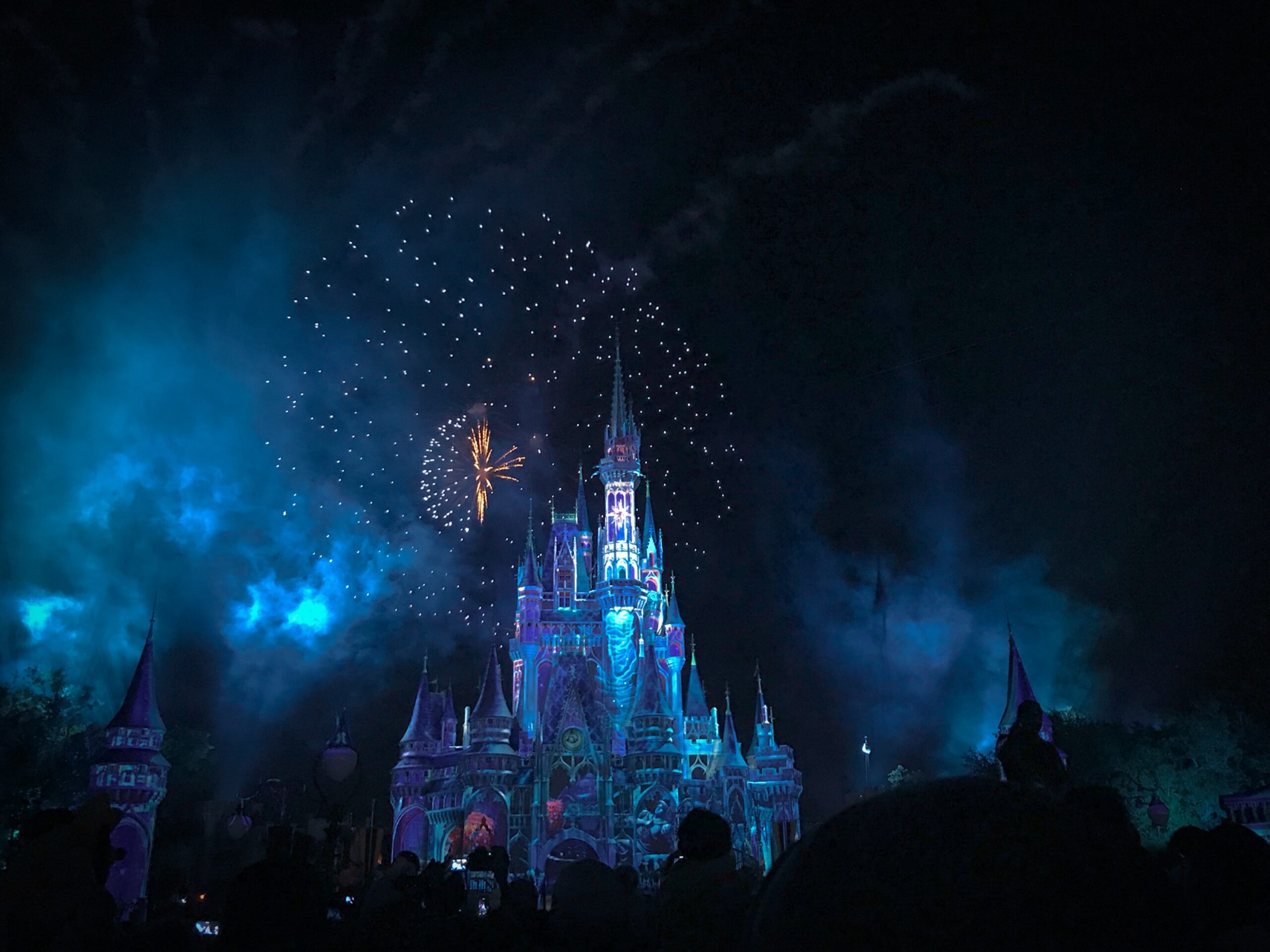We live in a world of categories; Black vs White, Rich vs Poor, Young vs Old, Left vs Right. This categorical model of life creates division and labels. It sets people up to be and live in the world as competitors- always playing defense against some arbitrary team that you didn’t ever consciously decide to oppose. Defining humanity and bringing people together in such a model is nearly impossible.
Science, or the idea of being ‘a scientist’ is not immune to this harmful delineation. While ‘science’ could be a word that stands for unity, peace, and worldliness, it sadly falls in line with the divisive nature of our society and places people against it. Science vs The World. Science vs Humanity. Why are people put into one category ‘science’ or the other ‘humanities’? Who Constructed this? Who Benefits from it? & How do you know if you are in fact ‘a scientist’?
According to wikipedia, ‘a scientist’ is someone who conducts scientific research to advance knowledge in an area of interest. While this is a good place to start thinking about what it means to be a scientist, I am not sure that this definition gives enough justice or clarity to the meaning. Being ‘a scientist’ or identifying with the category of ‘science’ is likely much more diverse than that.
If you are in the science category you are automatically seen in a certain type of way- insensitive, structural, analytical, smart. You are thought to have a career in medicine, math, or engineering, while the opposite is true of the ‘humanities’. If you fall into this category, you are suddenly empathetic, fun, creative, or soft. You are often thought to have a career as a teacher, writer, dancer, or artist.
While many of us agree that we have met people who reinforce these stereotyped categories, if we think a bit harder, we find that we know just as many people who don’t fit well into;
- The sciences or
- The humanities
In fact, some of the most inspiring people you know fit into both. The reality is, these categories don’t work for the dancer who uses physiology to inform their practice, or the medical doctor who sells their paintings on the side.
In A Scientist’s blog, scientists from all walks of life will be highlighted. Both real and hypothetical examples of ‘a scientist’ provoke you to diversify your idea of science through artistic storytelling, memoirs, and poetry. We challenge you to think about the scientific method from a whole different view. We use it to illuminate people, paths, and stories, from around the world, and illustrate that you may have an inner ‘scientist’ too. We explore with the world the relationship between science and humanity. Does humanity need science? Is science the driver of humanity?
In the first 15 essay series, we investigate finding ‘A scientist’ in all of us. It will encourage you to ask questions about the world around you regardless of the category of your employment or passion. Follow our journey as we launch into our first series and personal challenge.
Do you ask questions about the world? Do you use what you have seen and experienced to adjust? Are you a scientist?
Co-Founder & Scientist,
Lauren Anderson


